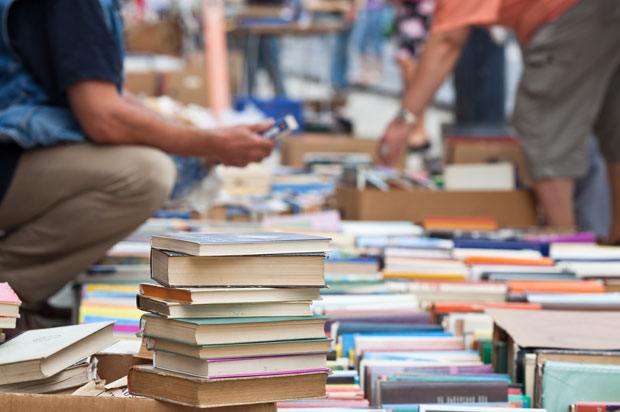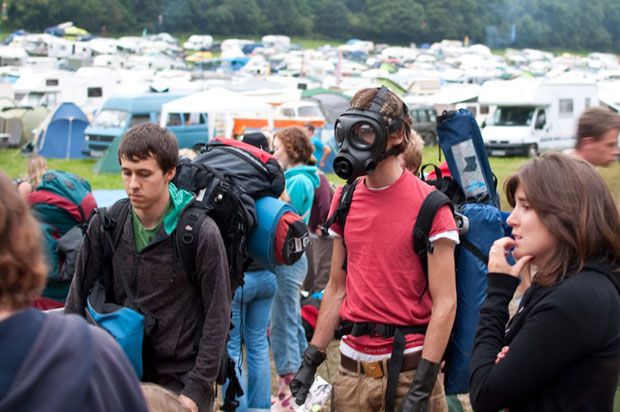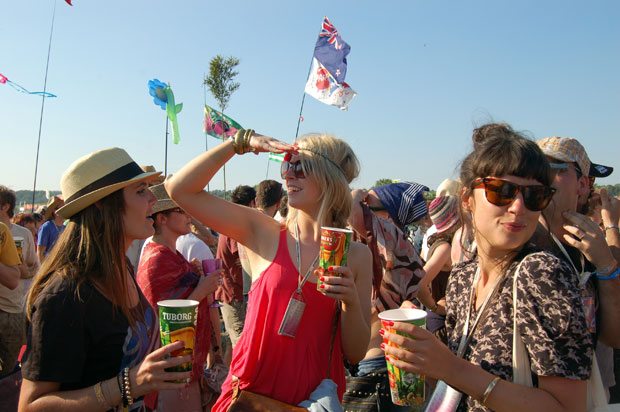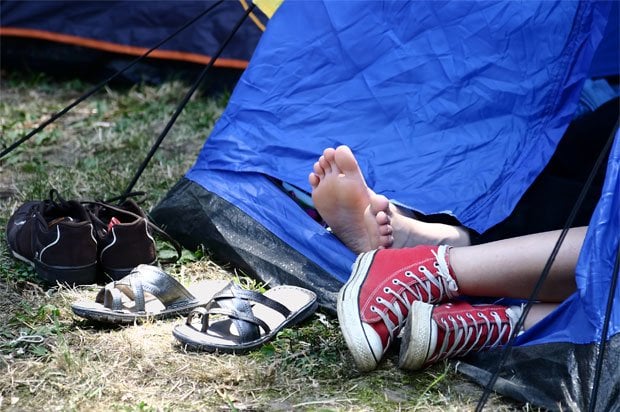Literature festivals
It's Friday night and you're eager to get your glad rags on, then you remember that you promised a friend you'd go to a literature event at the Town Hall. Cheer up, it might actually be fun.

You never know, you may be inspired
What can I expect at a literature festival?
So, you were bribed into it with the prospect of free drinks, but now you’re petrified at the thought of a room filled with stuffy intellectuals wearing tweed jackets pretentiously discussing Shakespeare and Wordsworth. You can sense a group of angry feminists have arrived and you’re dreading the next set of verse from love-forlorn desperados. Then you spot your over-enthusiastic ex-English teacher, and he’s heading your way…
Surviving a literature festival
How exactly do you survive this kind of night? Well the answer is you shouldn’t have to because rarely will it be as bland as you imagine.
If a literature festival is taking place near you it is bound to involve events that appeal, the trick is to read up beforehand and turn up for the bits you like. If the idea of putting literature and entertainment in the same sentence is completely alien to you at the moment, here’s your chance to re-assess your views with a guide to the different kinds of events on offer.
Talks and presentations
- What’s the format? Although there’s a lot of listening and watching involved, there’s often a chance to ask the speaker questions in the second half of the event. There will usually be an interviewer on stage to get the ball rolling, and then you can ask your favourite writer your burning questions and listen to others.
- Who are the speakers? Poets and novelists are the obvious speakers at literature festivals. However, celebrities including politicians, actors and comedians are often keen to plug their latest books. Autobiographies are written by just about anyone famous, so it’s not unusual to scout the rich and famous at literature events.
- Anything else? Journalists and politicians often make presentations on serious issues such as third world debt, world trade and war. Their aim is to both engage and challenge their audiences so expect some heated debate. If you can’t sense any then you could always start some!
Poetry events
- Conventional readings: Poets will either read their own work, or the work of poets they admire. These are usually low-key events so it’s worthwhile knowing a bit about the poet you are going to see in advance. Remember that reading poetry to yourself and hearing poetry read by the author can be two very different experiences. You will probably have an opinion about which you prefer.
- Poetry slams: Poetry slams are competitions where poets have two or three minutes to perform their own piece. They are judged on their performance technique, writing ability and reactions from the audience. The performers are adrenalin-pumped and raring to go whether they are 19 or 90, and the favourites are those who can strike a good balance between poetic talent and stage presence. The best thing about slams is the diversity in poems and contenders.
- Comic poetry: Do you remember poetry at primary school? That was when you didn’t have to worry so much about whether or not there were any metaphors on the page and you could focus more on the funny imagery. Children’s poets often perform at literature festivals and while the children squeal with laughter, the subtle adult jokes entertain the rest of us. Many comic poets also perform adult sets, which can be like going to a stand-up comedy event with impressive use of language and rhythm.
- Urban poetry: Urban poetry focuses on city life and poets are often inspired by music such as rap, hip-hop and drum ‘n’ bass — they have even been known to sing their poems. It’s common to see urban poets perform in slams, but there are also specific urban poetry events.
Picture of books by Shutterstock
Next Steps
- Chat about this subject on our Discussion Boards.
By Helen Williams
Updated on 29-Sep-2015
No featured article










